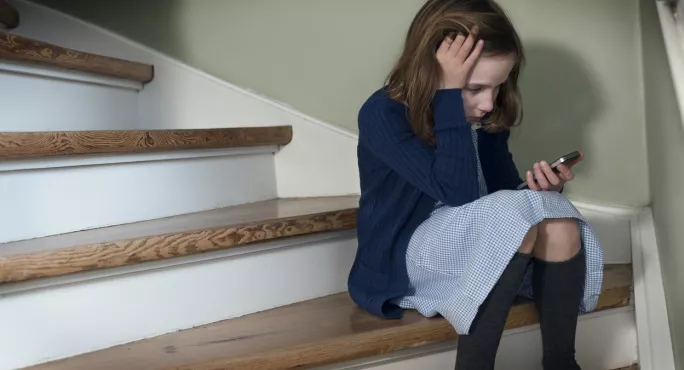- Home
- Teaching & Learning
- General
- Exclusions: Should a girl sit in class with her abuser?
Exclusions: Should a girl sit in class with her abuser?

Should exclusions be banned?
It’s an interesting question. Many people will claim that there’s no easy answer. I’d argue the opposite.
The answer, in short, is no.
One of the most frustrating aspects of the debate is the well-meaning but misguided education commentators - who don’t teach in schools and don’t work in them - throwing their two penn’th in, as if their opinion holds some weight. If you have no skin in the game, if you’re not currently at the chalkface, you’re unlikely to truly understand the issue at hand.
And when you don’t understand the crux of the issue, the chances are that your opinion will not factor in those things that are vitally important in making the best decisions in schools. This is why the voices of teachers, pastoral leaders and headteachers voices need to be heard on this subject, and valued.
Exclusions: Consideration for the victims
This week, the well-meaning but misguided mental-health tsar Dr Alex George commented that exclusions should be banned because of the impact they can have on mental health. Nice as he is, he’s wrong.
But what he’s saying bears all the hallmarks of an informed commentator; it sounds plausible. Of course an excluded child will be impacted by the decision to exclude them.
The glaring omission here lies in the consideration for victims. Their mental health matters, too. Because in the cold, harsh light of day, when you’re at the point of considering an exclusion, someone has been negatively affected by another student’s behaviour - something they’ve chosen to do.
It might be a serious physical assault: a stabbing. It might be inappropriate conduct: a rape. That is the uncomfortable truth that we have to accept: that, sometimes - and it is a rare event - a child’s behaviour is so dangerous and life-threatening that they cannot be allowed to present a danger to other young people. It is a huge safeguarding risk, if nothing else.
This brings me on to those who campaign for no exclusions. They claim to understand the system, to know young people. If that were true, then how could you ever, ever be OK with a victim of rape being forced to share the same space as her abuser, her rapist? Don’t girls’ rights matter?
We’ve seen from recent events that, all too often, they don’t. But to be this blasé about the rights of victims to be safe from their abuser is properly shocking. Women and girls deserve to grow up in a world where their voices and experiences are heard. We can start here, in schools, by taking their experiences seriously and protecting them from harm.
No one wants to exclude a child
Don’t get me wrong. I am not saying the system is perfect, or that we’ve got exclusions and alternative provision sorted. We very much haven’t. Yes, we need to crack down on off-rolling, and of course we need to challenge inappropriate exclusions.
Yes, too often we see children with SEND or students from BAME backgrounds disproportionately affected. It’s imperative we get that bit right. But there is scope to do exactly that, while keeping the freedoms that headteachers need to be able to use exclusions where they are appropriate.
I have met hundreds, thousands even, of teachers and headteachers in my time in the profession. Never once have I met one who wants to exclude a child. It is a life-changing decision, and not in a good way. It takes deep soul-searching and it is not a decision that is made quickly. You know your action has consequences.
But it does need to be a headteacher’s right to exclude a child who presents a risk to others, be that physically, emotionally, sexually, or in terms of their learning. Every child deserves the right to feel safe and to learn; every head deserves the right to provide that for the community they serve.
Amy Forrester is an English teacher and director of pastoral care (key stage 4) at Cockermouth School in Cumbria. The views expressed are her own, and not necessarily those of her employer
You need a Tes subscription to read this article
Subscribe now to read this article and get other subscriber-only content:
- Unlimited access to all Tes magazine content
- Exclusive subscriber-only stories
- Award-winning email newsletters
Already a subscriber? Log in
You need a subscription to read this article
Subscribe now to read this article and get other subscriber-only content, including:
- Unlimited access to all Tes magazine content
- Exclusive subscriber-only stories
- Award-winning email newsletters
topics in this article




